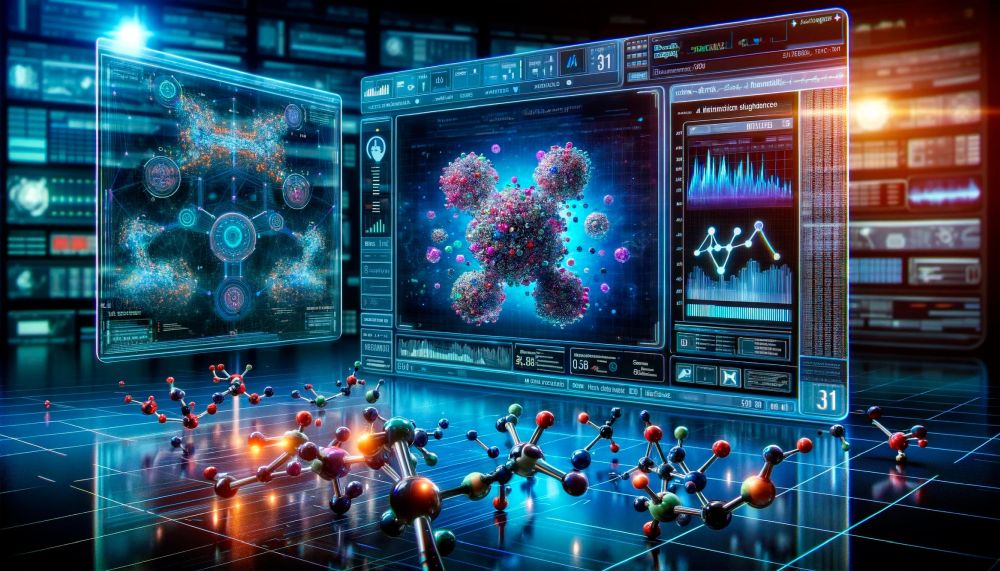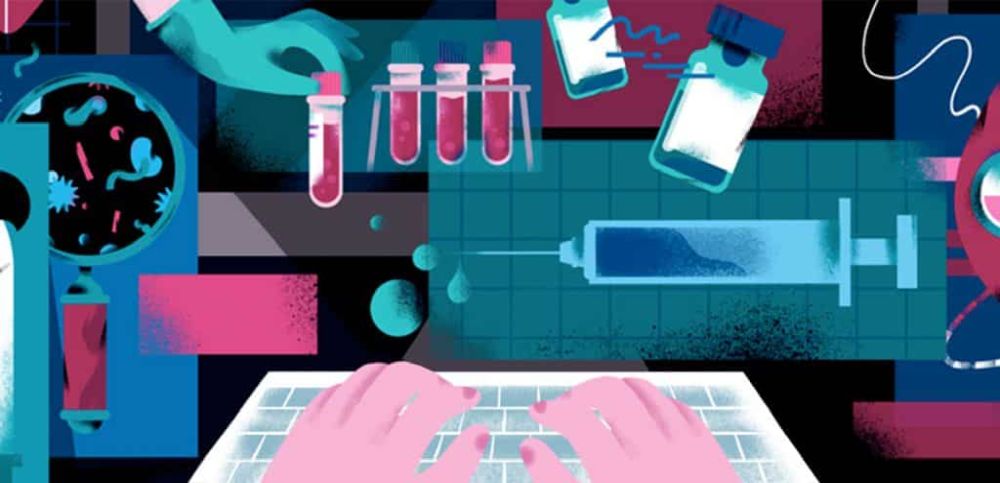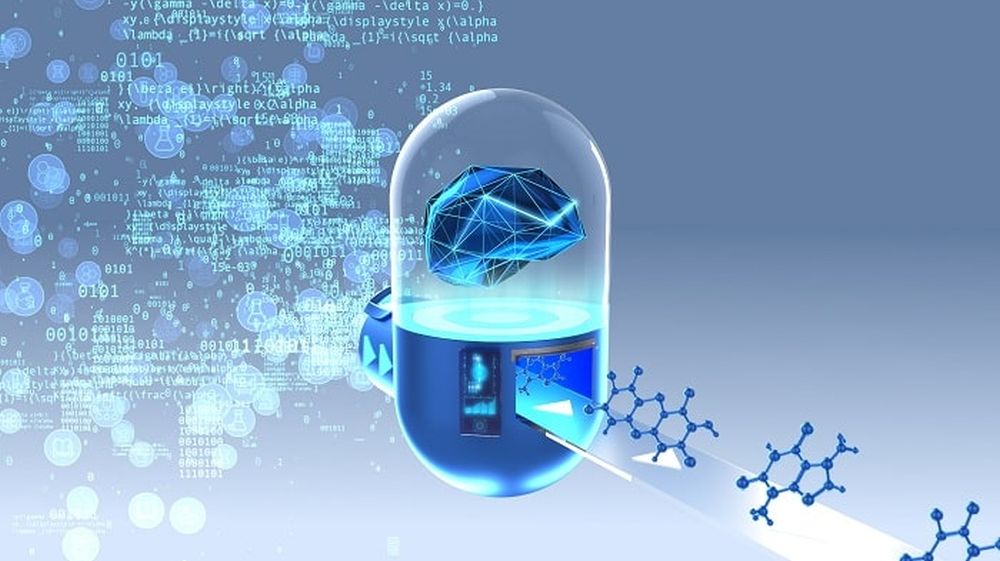The pharmaceutical industry is on the cusp of a revolution with AI playing a pivotal role in drug discovery. By sifting through massive datasets, AI algorithms can predict how new compounds might interact with biological targets, potentially slashing the traditional timelines and costs associated with drug development. Companies like Insilico Medicine have already shown success by using AI to create drug candidates for diseases like idiopathic pulmonary fibrosis, demonstrating that AI can indeed lead from concept to clinical trial much faster than traditional methods.

However, integrating AI into drug development isn’t without its challenges. Regulatory bodies are still grappling with how to assess AI-generated drugs for safety and efficacy, necessitating new guidelines and possibly new approval processes. There’s also the significant issue of data privacy and ethics; the use of patient data for AI training must respect consent and privacy laws, ensuring that the benefits do not come at the cost of individual rights. Moreover, while AI can model and predict, the translation of these models into real-world drug effectiveness still requires human oversight and rigorous testing.

Despite these hurdles, the potential benefits of AI in drug discovery are immense. The future might see personalized medicine becoming more accessible, where treatments are tailored not just to the disease but to the genetic makeup of the individual. This could lead to more effective treatments with fewer side effects, revolutionizing patient care. Yet, the complexity of biological systems means that AI’s predictive models must be continuously refined, ensuring they account for the nuanced interactions within human biology that might not be immediately obvious to algorithms.

As we look forward, the synergy between AI and human expertise in pharmaceuticals promises a new era of medical breakthroughs. However, this journey requires a balanced approach where technological advances are matched with ethical considerations, regulatory adaptation, and rigorous scientific validation. The road ahead for AI in drug development is filled with promise but also with the need for cautious optimism, ensuring that as we push the boundaries of what’s possible, we do so with the welfare of humanity at heart.

#AIDrugDiscovery #PharmaTech #EthicalAI #PersonalizedMedicine #HealthTech
